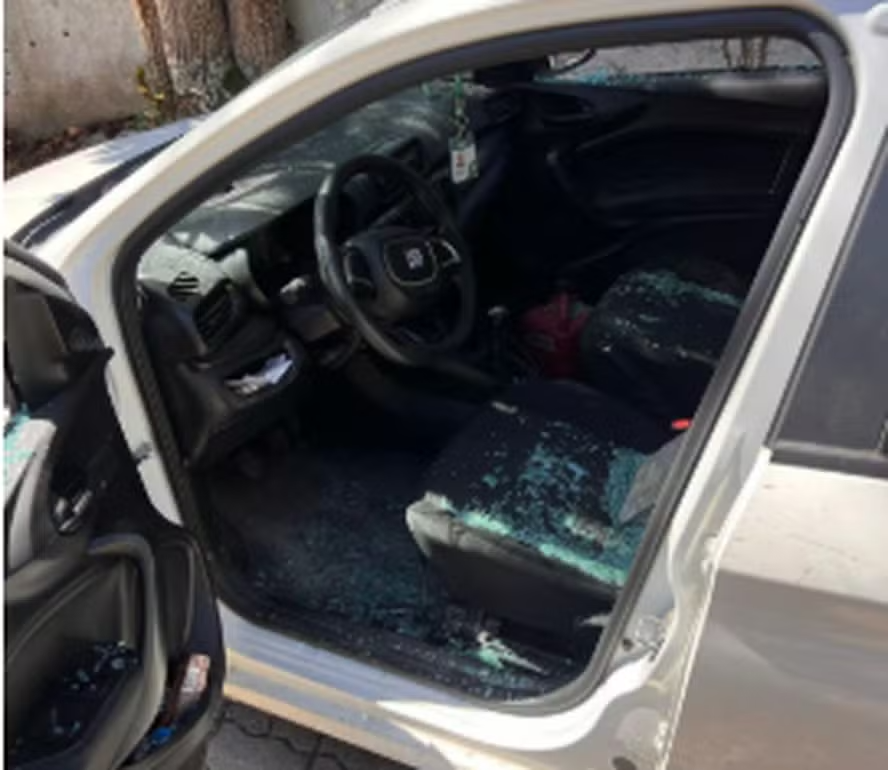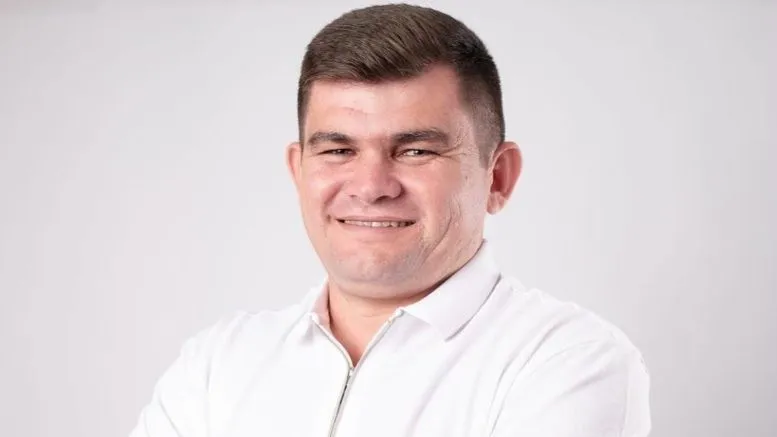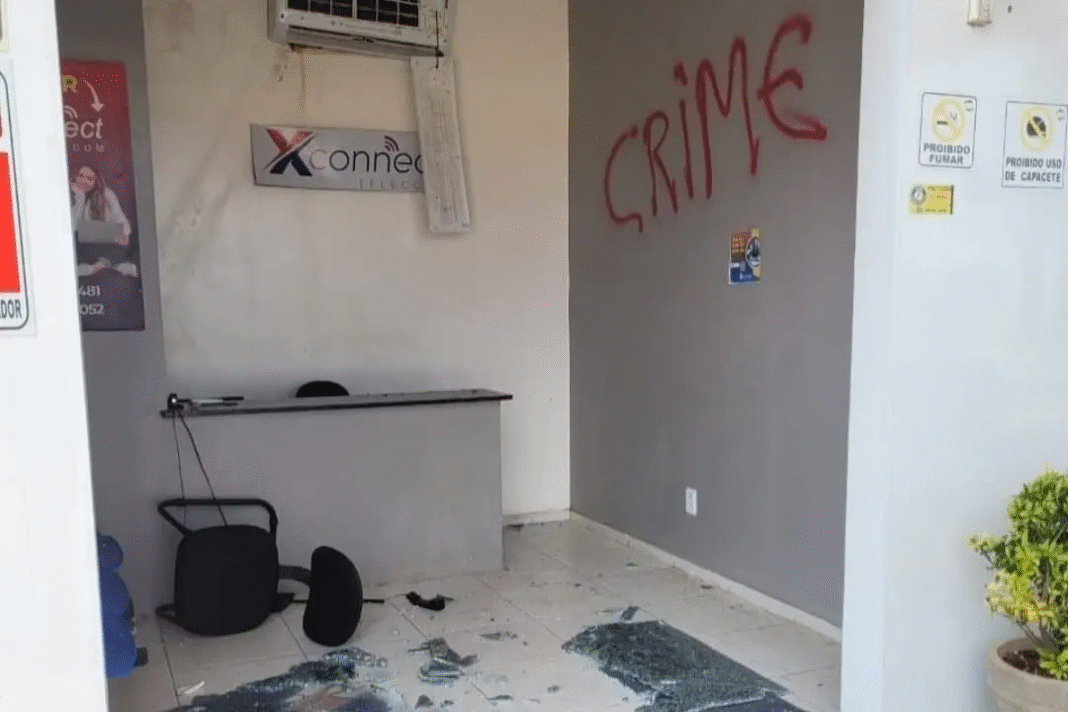SUMMARY
Criminal factions in Brazil, particularly the PCC, the militias and the CV, have adopted increasingly sophisticated strategies to expand their territorial control by infiltrating local political structures. Rather than relying solely on armed occupation, these groups now seek to influence municipal administrations directly, allowing them to operate with greater stability and impunity. According to reports by the Federal Police and public prosecutors, criminal organizations interfered in elections in at least 42 cities during the last electoral cycle, aiming to secure candidates aligned with their interests.
This political infiltration enables criminal networks to influence key administrative decisions, occupy strategic public posts, and manipulate public contracts and services. By exerting control over municipal budgets these groups gain access to substantial financial resources. As stated by police officials, the combination of political power and public money is a strong incentive for criminal organizations, especially in small towns where oversight is weak.
The cycle of control is completed by the groups’ dominance over essential services in the territories they occupy. In Rio de Janeiro, for example, factions have taken over internet service provision and transportation routes. In other areas, criminal networks also manage the distribution of fuel and cooking gas. These operations not only generate revenue but also reinforce their authority over the daily lives of the population. By embedding themselves into both the formal political system and the informal economy, these organizations blur the lines between criminal governance and public administration.
This Content Is Only For Subscribers
To unlock this content, subscribe to INTERLIRA Reports.
Criminal Factions Expand Their Grip
Organized crime factions in Brazil are expanding control over utility services, and in particular access to internet, using violence and extortion to force out official providers and establish illegal networks. This strategy, seen in states like Ceará, Rio de Janeiro, Pará, and Bahia, generates significant revenue while reinforcing territorial dominance. This expansion of control over vital infrastructure not only increases revenue but also facilitates deeper political influence at the local level. Simultaneously, criminal factions infiltrate local politics, securing influence over municipal administrations to protect and expand their operations. By occupying infrastructures and institutions, criminal factions erode state sovereignty, hijack public trust, and impose illegitimate rules on entire communities.
What began in Rio de Janeiro as a localized scheme to control internet infrastructure has now escalated into a nationwide threat. Criminal factions are replicating these tactics across Brazil, disrupting strategic economic hubs such as ports and industrial zones. “We are on the corner of the Atlantic”, the slogan of the Pecém Industrial and Port Complex, located 60 kilometers from Fortaleza, reflects its strategic position as the closest port in Brazil to the U.S., Europe, and North Africa. The complex hosts over 80 companies from sectors such as energy, steel, and cement. But on 27 February, attacks on internet providers caused connection failures at the complex. Although the port remained operational, companies dependent on the affected networks had to adjust their activities.

Internet provider GPX Telecom, which operated for nine years in Caucaia, in the Metropolitan Region of Fortaleza, has announced the permanent closure of its activities. The decision came after a criminal attack, in the early hours of 17 March, destroyed the company’s infrastructure. The incident is part of a growing wave of attacks on internet providers in Ceará since February, attributed to the Red Command (CV) faction, which extorts companies, requiring constant payments to allow them to continue operating.
These incidents reflect a broader trend: the expansion of criminal factions from Rio de Janeiro and São Paulo into other regions of Brazil. One of the leading groups, Red Command (CV), has used Ceará as a key area of influence. To intimidate, CV members have destroyed fiber optic infrastructure, damaged transmission boxes on poles, threatened technicians, and set fire to company vehicles and offices. They demand “protection fees” from providers in exchange for allowing continued operations.
Fiber optic internet has become a lucrative source of income for organized crime, an essential service in the modern world for people and businesses.
Beyond the Southeast and Northeast, this criminal strategy has become a model replicated in multiple regions, adapting to local dynamics. In Pará, an internet provider vehicle was torched in January in the city of Ananindeua, Belém metropolitan area.
In 2024, Pará recorded five attacks on providers, all in the Belém Metropolitan Region. The state’s Public Security Secretary, Ualame Machado, says that this type of crime appeared after Pará’s criminals on the run began hiding in Rio de Janeiro. According to him, in exchange for protection in the controlled by CV favelas of Rio, the criminals were instructed to replicate in their home states a model already in use in Rio.
As criminal factions establish strongholds outside Rio de Janeiro and São Paulo, they bring with them the methods and networks developed in drug trafficking, applying these to other high-revenue crimes such as extortion, homicides, and political intimidation—teaching and replicating profitable criminal models across Brazil.
Criminal Factions Take Over Internet Services
The expansion of gangs is based on the opportunistic use of a regulation from Anatel, which allows the exploitation of the service by small entrepreneurs with no more than 5,000 customers — something designed to increase competition and foster business in areas of little interest to larger companies, such as more remote rural areas. Rio de Janeiro, where these practices first took root, offers a clear portrait of this model in action.
Across Rio de Janeiro, for many years, criminal groups have been driving out small, legal internet providers from several communities to take control of the provision of internet services, a business that has become increasingly profitable for organized crime. Criminals have issued threats, committed extortion, and even set fire to company vehicles and storefronts.
In Rio, crimes such as cutting fiber optic cables, armed threats, and even kidnappings of technicians from internet and telephone operators have been going on for over a decade.

Investigations have already shown how lucrative the market is. In Itanhangá, near Barra da Tijuca, the Civil Police estimate that the Red Command (CV), currently in conflict with the local militia, is seeking profits of R$7 million per month. In Catiri, near the Bangu Penitentiary Complex, control over internet services could yield as much as R$25 million monthly. These figures highlight the high economic stakes involved in controlling basic services in favelas and peripheral areas.
Investigations have shown that the expansion of criminal control is already affecting internet access in at least seven neighborhoods in Rio de Janeiro: Estácio, Olaria, Penha, Brás de Pina, Cordovil, Piedade, and Madureira, as well as in Vilar dos Teles, São João de Meriti, in Baixada Fluminense. Residents report that criminal groups impose restrictions, prohibit legal providers from operating freely, and force locals to use illegal services.
On 26 March, a car belonging to the Leste Telecom company was the target of an attack while the team was providing services in the Várzea das Moças neighborhood in Niterói. The incident occurred while employees were performing maintenance on a client’s home. The car’s windows were shattered, its doors were dented, and two tires were deflated. Those responsible for the crime fled before the police arrived. Reports of groups offering clandestine internet services have been recurring in the region. According to reports, residents were being coerced into hiring these services for abusive prices.
Informal Economy and Local Politics
Such organizations’ involvement in the internet sector is closely tied to their pursuit of political influence. By dominating essential services in specific regions, these groups create local power structures based on coercion and co-optation. This economic control often extends into the political sphere, where criminal factions interfere in electoral campaigns, support candidates, or intimidate opponents to secure favorable outcomes.
Just as taking over internet services strengthens their economic base, infiltrating politics allows these organizations to shield their operations and expand their territorial control.
Both trends—control over services and political interference—originated years ago in Rio de Janeiro and São Paulo. The expansion of the PCC and CV to the North and Northeast of Brazil began in a clearer and more structured way in the 2000s, intensifying in the 2010s onwards. Since 2017–2018, however, these criminal factions started to export their criminal strategies.
Electoral Interference by Criminal Factions
Concrete examples of this strategy can be seen in small towns across Brazil, where criminal factions directly influence the outcome of municipal elections. Recent reports have revealed concrete cases of criminal factions interfering in local elections in the interior of Brazil. In 2020, during the municipal elections in João Dias, a small city in Rio Grande do Norte, Francisco Damião de Oliveira, also known as Marcelo, ran for mayor. Before the election, he allegedly agreed to resign if elected, in exchange for R$500,000 offered by Francisco Deusamor Jácome. Deusamor, linked to Marcola, the leader of the PCC, aimed to secure a position for his sister, Damária Jácome, as the vice-mayoral candidate.
In fact, Deusamor and his brother Leidjan are identified as major drug traffickers in Brazil’s Northeast, with marijuana sales exceeding R$30 million in total. The Progressistas Party won the election, and six months after taking office, Marcelo resigned, allowing Damária to become mayor. According to police investigations, even before Marcelo’s resignation, the real control of the city had already been in the hands of PCC through Deusamor and Leidjan. A speech transcript indicates that Damária herself claimed her brothers had planned the four-year administration.

However, in 2022, a court decision overturned Marcelo’s resignation and reinstated him as mayor. Tensions rose in João Dias as the 2024 campaign began, with Marcelo running again—this time for União Brasil—against Damária, who was supported by the Republicans Party.
The political tensions initiated during the 2020 election cycle escalated over time, culminating in a violent power dispute. As a result, in August 2024, Marcelo and his father were shot and killed while visiting a barbershop. Nine suspects were arrested, and four are still on the run, including the vice-mayor. According to the investigation, she and her sister, a city council member, allegedly hired the gunmen.
Organized Crime Threatens Business Stability
This convergence between crime, politics, and service provision has direct effects on the economic and business environment. The control of internet services marks a new chapter in the territorial expansion of such organizations beyond Rio de Janeiro and São Paulo. What began as a localized strategy has become a nationwide trend. Essential services such as broadband internet have become valuable sources of revenue for criminal groups. By exploiting vulnerabilities in infrastructure and regulatory loopholes, these organizations have turned basic utilities into tools of control and profit.

At the same time, factions have increased efforts to infiltrate local politics. Just as with internet and fuel distribution, political influence allows them to expand power without relying solely on violence. Controlling municipal governments enables them to secure strategic appointments and protect their economic interests through formal institutions.
These tactics—dominating formal services and influencing public administration—originated in Rio and São Paulo but are now spreading across Brazil. Faction leaders from other regions often seek shelter in communities controlled by PCC or CV, where they learn and replicate models of criminal governance already consolidated in Rio and São Paulo. The economic potential of these models—centered on coercion-based service monopolies—is now being exported nationally. This dual strategy poses serious risks not only to public security but also to economic development. Businesses require stable, predictable environments to operate. Areas under criminal control offer the opposite: extortion, insecurity, threats to employees, and theft are common. Therefore, confronting these networks is not only a security imperative, but also a prerequisite for sustainable economic growth. This systematic displacement of state authority by criminal forces not only dismantles public order but also threatens the very foundations of democratic governance in Brazil.




